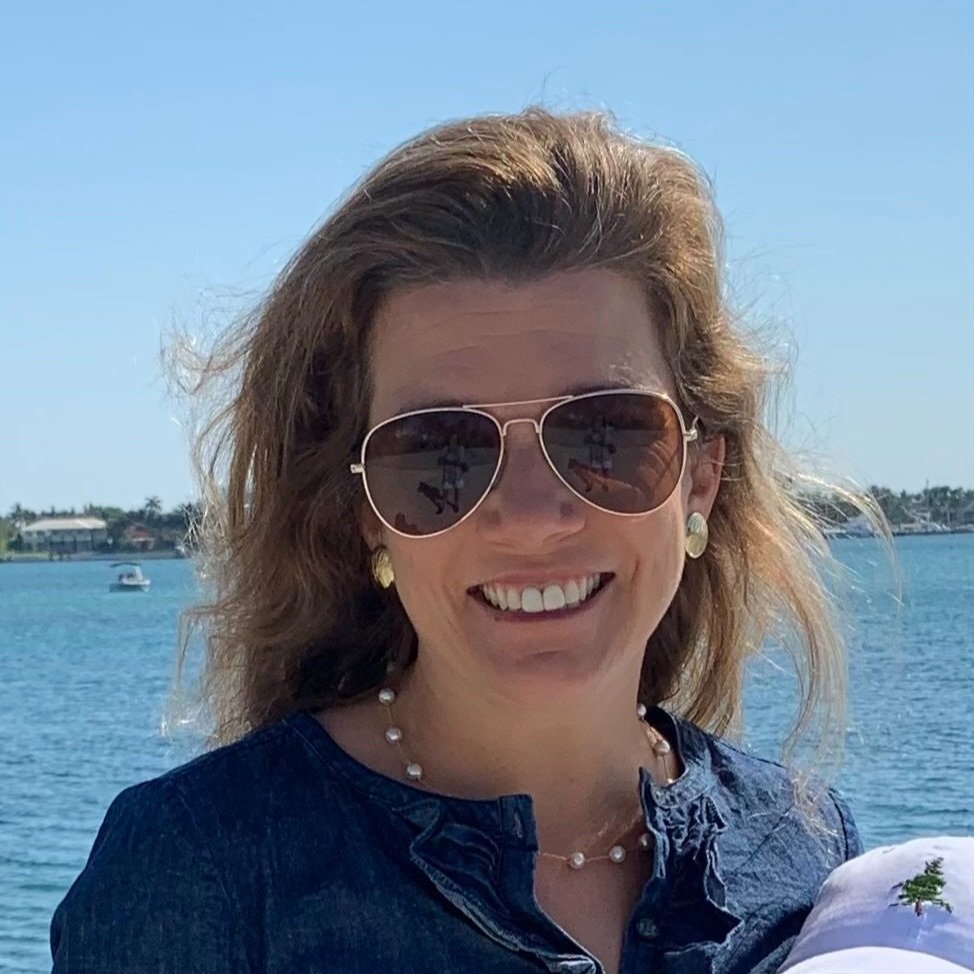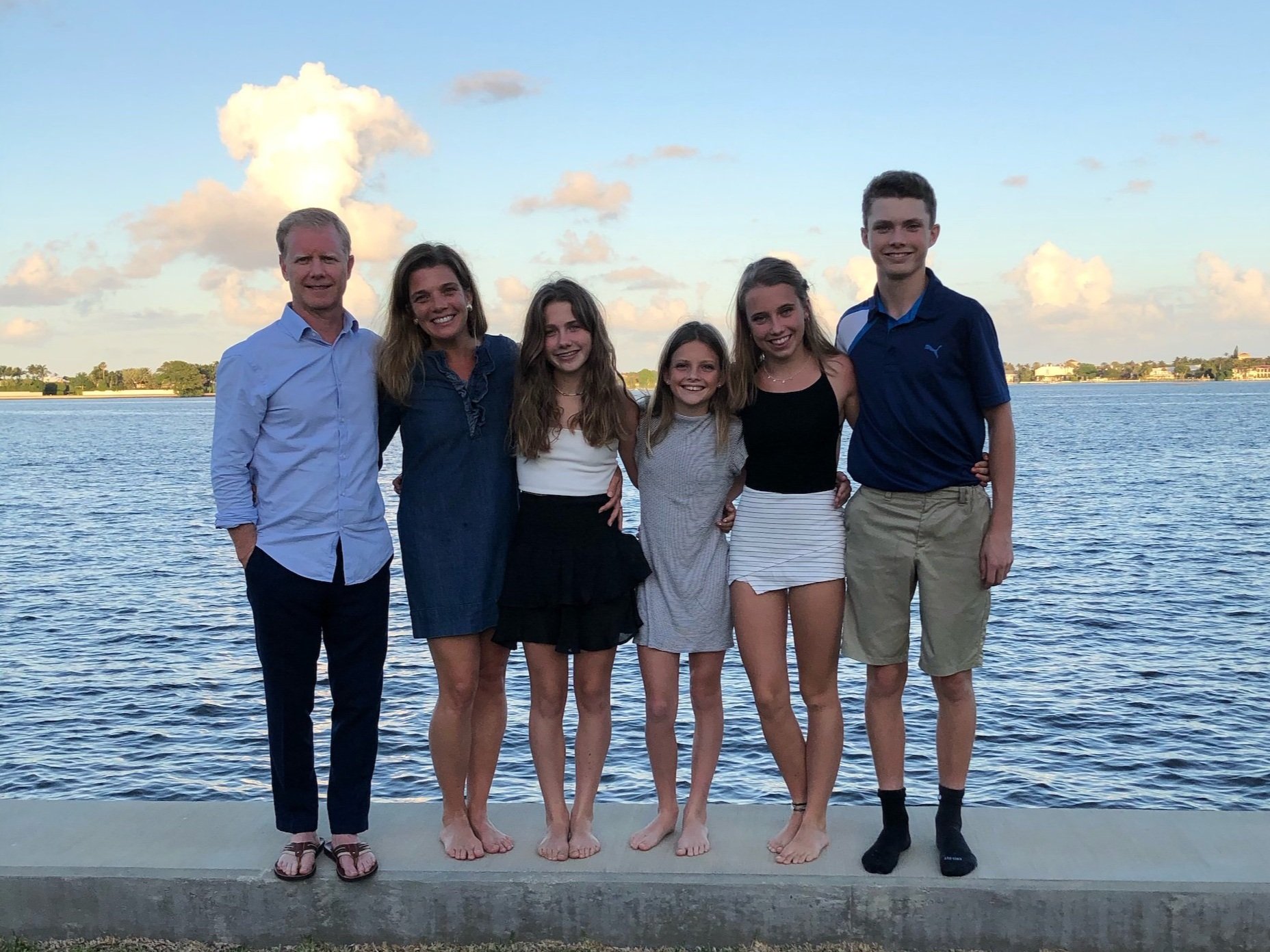Ruth’s Story
Ruth Keyes, Executive Director of The RSM Foundation says she has always loved math. But it was during her time as co-founder of an after school coding program that she began to see math as more than multiplication tables and spreadsheets.
“Coding really opened up my world. I saw for the first time that math is actually creative,” she said. “Seeing how kids, regardless of their perceived skill, could get excited about learning math was amazing.”
Inspired by this experience with the coding program, Ruth dove headfirst into her role with The RSM Foundation, bringing with her the belief that math could be for anyone if it was presented in a fun and engaging way.
“I think a lot of people assume that supplemental math programming looks like drilling and memorization,” she said. “But we wanted to offer something different.”
Building off of what Masha Gershman, The RSM Foundation’s Board Chair had created, Ruth spent many of her early days researching what else was out there, and looking for the gaps. Her goal was to design programming that would not compete with a school’s current math program, but position The RSM Foundation as an asset to any type of school curriculum.
“I did a ton of research. I went to every nonprofit conference I could go to within an hour from Boston — which was a lot,” she said. “And then I started interviewing principals, teachers, social workers, to figure out where exactly we could provide the help that would yield the most results.”
She began to see that what might prove to be the biggest asset to any school would be connecting their students to older role models who could provide support with their school assignments.
“I found in my research that when students can create a relationship with someone who is in the STEM world, it motivates them,” she said. “So just finding those connections to keep elementary kids engaged and wanting to learn more was really kind of the foundation of our Infinity Squad program.”
Thus, the Infinity Squad program was formed. Right away, Ruth found 18 high school students willing to engage as Infinity Squad mentors. Next, she needed to find schools willing to provide access to younger students. At first, Ruth was met with some skepticism from administrators and principals.
“They were most worried about students getting confused. They assumed we would come in and try to offer a specific type of curriculum, which was a completely understandable assumption but not what we were trying to do at all,” she said. “We’re all about the mentor relationship, and making math fun. That was the key to schools being willing to partner with us.”
In 2017, they launched in x schools with x students. The high school mentors were equipped with training from Ruth, and game-based materials such as dice and decks of cards. Mostly though, they showed up with an eagerness to engage with the younger students in a fun way.
“We’re all about making math approachable, not torture,” she said. “The games are great because kids don’t even realize they’re doing math. And they can be adjusted to be simpler or more advanced depending on the individual student.”
After a successful first couple of years, Ruth decided to launch a Teen Leadership Board (TLB) in response to the COVID-19 pandemic. This would put teenagers in charge of the program’s virtual expansion. It was a natural next step for highly-engaged Infinity Squad mentors to take on a role as leaders.
“Honestly, we set a high goal of 75 high school kids and 75 elementary kids signed up. We thought if we did that, we would have hit a home run,” she said. “Within two weeks he had a total of 500 students signed up which was awesome. And busy.”
As the program scaled up, Ruth began to place more responsibility on the Teen Leadership Board. She saw that when tasked with real-world challenges, it expanded the teenager’s own perceptions on what they could accomplish.
“I love being able to show these teenagers that they can take some risks by getting exposed to things that people wouldn't maybe normally think a high schooler could handle,” she said. “My favorite part is writing a college recommendation, and being able to see where their next step takes them.”
Now in their third year, Ruth said that she loves getting notes from parents about how The RSM Foundation impacted their child’s confidence and interest in math.
“I think the best compliment we've gotten from a couple moms is that my kid's not scared of math anymore, they're looking forward to math class next year,” she said. “That is a big leap.”
“If you can inspire that love of math through creativity in grade schoolers, it just serves them so well for later on in life,” she went on to say. “And the impact on the high school students is what excites me even more.”
As the RSM Foundation sets their sights on a national expansion with a Squad opening in Texas this year, Ruth says her biggest hope is that more students will be able to access these programs as a way to discover their own gifts in whatever area they decide to pursue.
“Everybody can benefit from it, not just the stereotypical kid that likes math,” she said. “Because what we do is based on relationships, it's individual, so everybody can grow and be challenged in different ways. And that’s pretty cool.”



